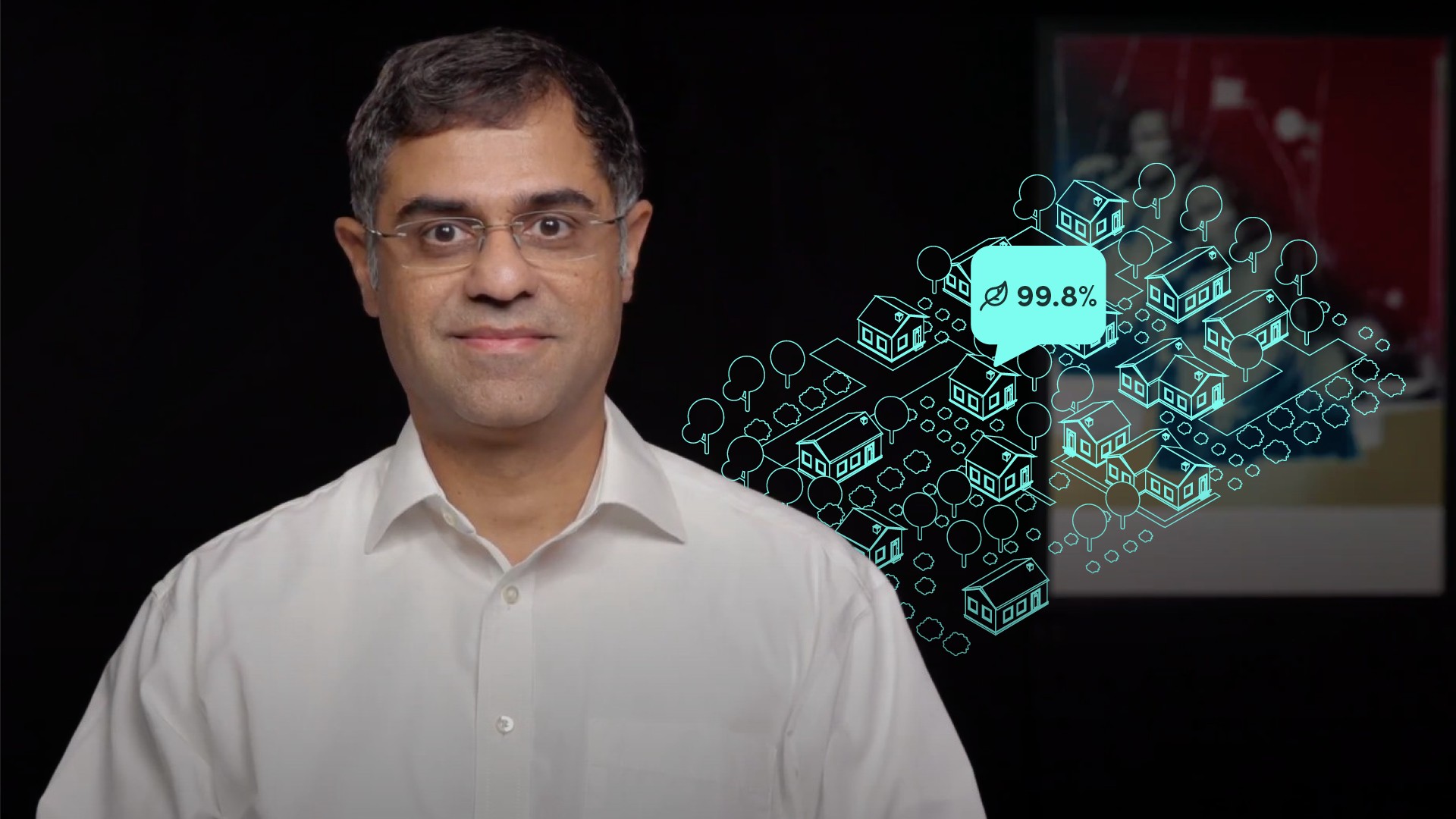
Climate Policy Intervention

Amit Kara
30 years: Macroeconomist
In this video, Amit Kara talks about the need for government intervention to tackle the climate change crisis. He explains about market failure, externalities and the case for governments to intervene through Pigouvian taxes such as carbon tax and new regulation.
In this video, Amit Kara talks about the need for government intervention to tackle the climate change crisis. He explains about market failure, externalities and the case for governments to intervene through Pigouvian taxes such as carbon tax and new regulation.
Subscribe to watch
Access this and all of the content on our platform by signing up for a 7-day free trial.

Climate Policy Intervention
11 mins 57 secs
Key learning objectives:
Understand what is market failure
Understand what are the two important market failures related to greenhouse gas emissions
Understand how policy intervention can support transition to low carbon economy
Outline how can the financial market play a role in intervention
Overview:
Climate change is an example of market failure, and policy intervention is evident in order to achieve socially optimal levels. This can be achieved through a variety of methods such as a carbon tax, new standards and regulations, or the increased role of financial markets.
Subscribe to watch
Access this and all of the content on our platform by signing up for a 7-day free trial.
What is market failure?
A market failure is when the free market outcome is not socially optimal. The free market outcome is the outcome of actions taken by households and businesses in the absence of any policy intervention. In other words, an action undertaken in self-interest can have spillover effects onto others that are often negative. In circumstances such as this there is a strong case for policy to intervene to encourage a socially optimal outcome.
What are the two important market failures related to greenhouse gas emissions?
- Firstly, today’s emissions will remain in the atmosphere for decades if not centuries. What this implies is that the full effects of climate change will only emerge sometime in the future. In other words, because of the long time lag, the activities that produce greenhouse gas today will exert a negative externality on future generations who are not responsible for that emission. The emission of greenhouse gas by those not paying its full cost is an example of negative externality
- Second, we know that the causes and the consequences of climate change are global. In other words, the greenhouse gas produced in the production of coal in Australia will impact on everyone’s climate, and not just Australians. The emissions generate a welfare loss for everyone around the world, including those that did not benefit from the processes that produced that emission. Typically, it is the poorer countries that have not industrialised and therefore, are not responsible for emissions, that are likely to suffer the worst effects of climate change. Unlike rich countries, they do not have the resources to cope with the damage brought about by climate change
How can policy intervention support transition from a high to low carbon economy?
- A tax, such as a carbon tax, is designed to incentivise behaviour that is socially optimal because it internalises the social cost of the externality. In other words, those individuals that cause the damage pay for the damage
- Standards and regulations, such as the phasing out of petrol and diesel cars. More specifically, the UK government announced in November 2020 a ban of the sale of cars that are wholly powered by petrol or diesel by 2030. The ban will encourage people to replace their existing cars by hybrids or electric cars and that in turn will speed up investment in infrastructure to service this new fleet of cars
- Almost every one of the existing stock of 29 million homes will need upgrades to the heating systems, many will require new wall and loft insulations and systems to improve water efficiency. One way the government could achieve this is by mandating that all houses need to be compliant to a new standard
How can financial markets play a role in intervention?
Central banks are spearheading efforts to encourage financial institutions to evaluate climate risk and appropriately price that risk in its business decisions. One important step in that direction is a climate stress test for banks. Both, Bank of England and the Banque de France will be conducting climate stress tests for banks.
Financial institutions will begin to price in the risks of climate change which, for example means that the borrowing cost for companies that generate power from fossil fuels could rise and at the same time the borrowing cost for the renewable energy producer could fall. In this way, the financial sector can help facilitate the transition to a low or zero carbon economy.
Subscribe to watch
Access this and all of the content on our platform by signing up for a 7-day free trial.

Amit Kara
There are no available Videos from "Amit Kara"





























